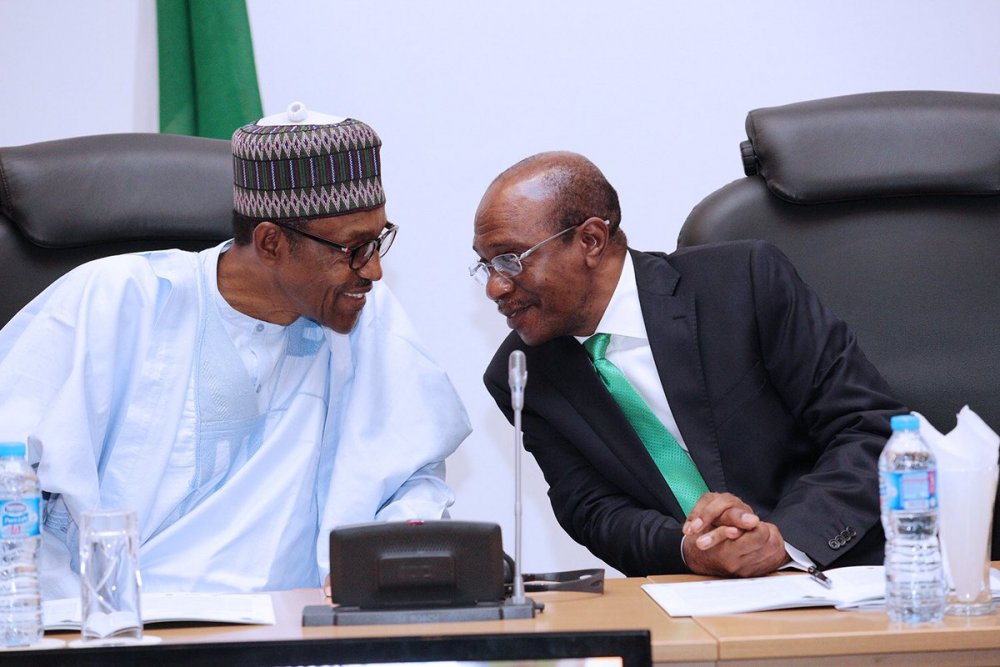Other Pages
- Opinion Poll
- About Us
- Send Your Story
- Contact Us
- Newsletter
- Privacy Policy
- Terms and Conditions

Nigeria's external reserves increased by $1.36 billion in 13 days despite the foreign exchange crisis being experienced due to the economic fallout of COVID-19 and the crash of oil prices in the global market. The increase had occurred amidst the pandemic that has affected cross-border business activities.
The external reserves, according to the Central Bank of Nigeria (CBN) had increased from $33.42 billion on April 29, 2020, to about $34.78 billion on May 12, 2020. This reflected the $1.36 billion growth in the external reserves which had lost over $11 billion within 10 months.
The 10-month loss had begun after the external reserves hit a high of $45.17 billion on June 11, 2019. However, the latest result shows the external reserves is on a resurgence at a period dollar is scarce for business transactions. AllNews had reported that access to forex is limited as the CBN and banks only sell forex to small and medium enterprises (SMEs) in need of essential imports necessary to rejuvenate the economy.
Part of the over $100 million provided by the CBN per week is also made available to customers planning to pay school fees, while Bureau De Change Operators in Nigeria have been complaining of lack of access to forex. The CBN said plans have been made for Bureau De Change Operators to get forex, but that will only come after restriction on flight operation has been lifted.
“The CBN has also made complete arrangements to resume foreign exchange sales to the BDC segment of the market for business travels, personal travels and other designated retail uses, as soon as international flights resume,” The CBN's Director, Corporate Communications, Isaac Okorafor, said in a report.
The increase in the external reserves had also occurred within the period Nigeria received the $3.4 billion loan from the International Monetary Fund (IMF). The Federal Government had applied for an emergency fund to help the country mitigate the economic challenges posed to Nigeria by the coronavirus outbreak.
Meanwhile, according to the Finance Minister, Zainab Ahmed, Nigeria plans to borrow more from international creditors and domestic creditors in order to fund the budget deficit which is N5.3 trillion.
0 Comment(s)